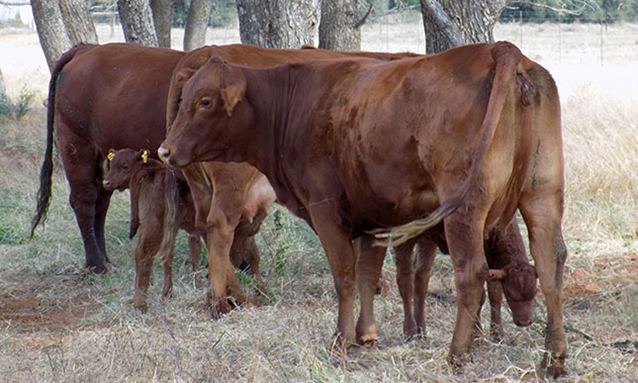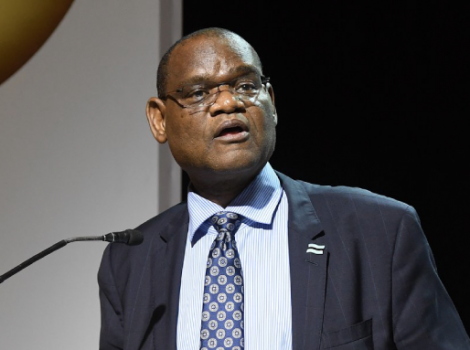
United States Conservation International, United Nations Green Climate Fund and Botswana’s Ministry of Agriculture recently launched a new initiative intend to restore communal rangelands and improve the grazing on farmland in Botswana.
The project is expected to run until 2030 and will be funded by the Botswanan government to the tune of US$54 million (about R953 million), with another US$44 million (R776 million) coming from the US Conservation International & UN Green Climate Fund, according to Botswana’s Ministry of Agriculture.
The Ministry said in a statement that the initiative would entail training in rangeland management for farmers, as well as the establishment of firebreaks that were expected to reduce wildfires, such as those that recently destroyed more than one million hectares of grazing across the country.
“Another partner in the initiative, the Botswana University of Agriculture and Natural Resources, [will undertake] the training of farmers, as well as capacity building for the restoration of rangelands and grazing management,” the statement said.
The initiative will initially be rolled out in four districts: Ngamiland in the north of the country, Bobirwa in the north-east, as well as Kgalagadi North and Kgalagadi South in the west of the country. The statement added that communal rangelands and livestock grazing areas in 104 farming districts were expected to benefit from the initiative.
Speaking at the launch of the initiative, Botswana’s Minister of Agriculture Fidelis Molao said due to frequent droughts and wildfires, Botswana was experiencing degradation of rangelands and communal livestock grazing pastures, which was negatively affecting livestock production, one of the main economic activities in rural Botswana. He said such degradation left communities vulnerable to food insecurity and poverty, but expressed confidence that the initiative could result in “the rehabilitation of rangelands”.
“The expected benefits of the initiative include rangelands rehabilitation and increased agricultural contribution towards GDP through the grass-fed beef.”
A senior official at Botswana’s Ministry of Agriculture, Dr Letlhogile Modisa, said at the event that Botswana had experienced ecosystem degradation due to climate change.
“It is becoming hotter and the [soil] is losing a lot of [moisture]. We experience frequent droughts and wildfires. The objective of the initiative is to help us cope with effects of climate change.”
In a recent report on Botswana’s state-owned broadcaster, the US Conservation International’s officer in Botswana, Tshwaragano Kopano said the organisation had observed land degradation in some farming areas in Botswana, where much of the land was now being dominated by trees with little or no grass, adding that it could take up to eight years to stabilise the rangelands.
“We will use ecosystem-based adaptation methods, [and] won’t relocate farmers from their grazing areas, but rather train them how to manage rangelands and improve their grazing pastures.”



